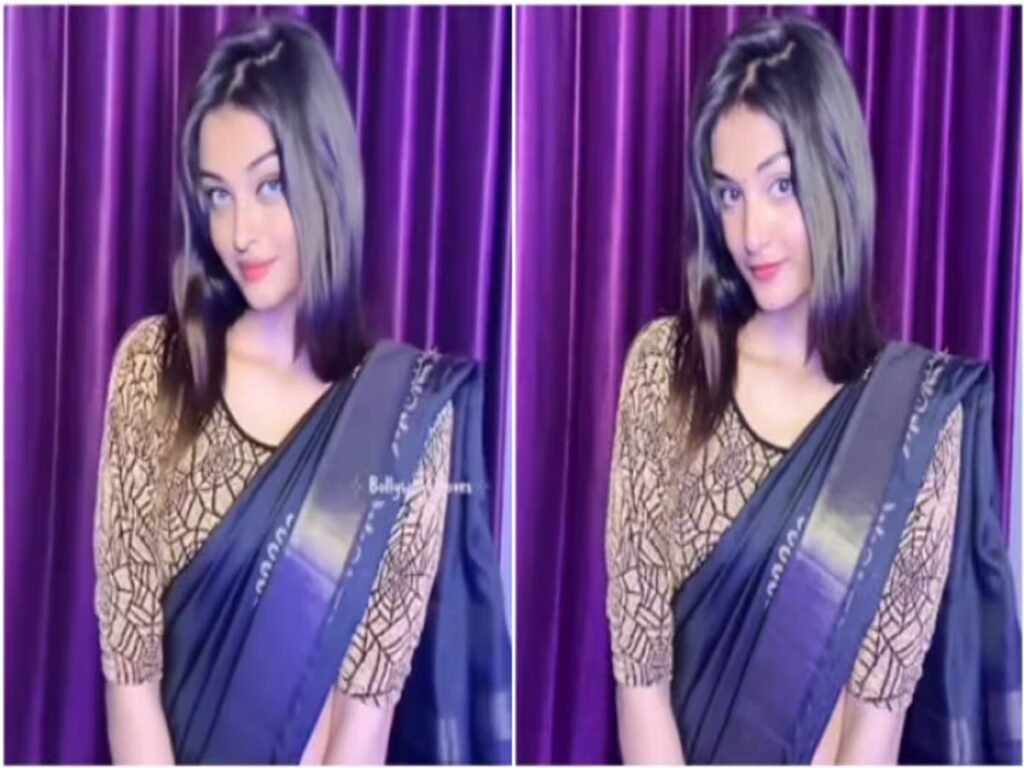Bollywood icon Aishwarya Rai Bachchan has entered a high-stakes legal battle against the misuse of her name, image, and identity in the digital age. On Tuesday, she filed a petition in the Delhi High Court seeking urgent protection of her publicity and personality rights amid the alarming surge of AI-generated content distorting her likeness for commercial and sexual exploitation.
In court, her counsel, Senior Advocate Sandeep Sethi, presented a disturbing picture. He revealed that numerous websites including one falsely claiming to be her “official” portal are using Rai Bachchan’s name and photos without any authorization to market merchandise such as mugs, T-shirts, and other paraphernalia. Even more troubling, explicit AI-morphed or deepfake images have been circulated online some in intimate or pornographic contexts exploiting her persona “to satisfy someone’s sexual desires,” Sethi emphasized .
Presiding Judge Justice Tejas Karia responded with a clear commitment to act. The court signaled its intent to issue ad-interim injunctions and takedown orders, targeting at least 151 specific URLs flagged by the actress’s legal team . Google’s counsel was directed to remove infringing links, and the court plans to issue separate injunctions against each defendant, whether known or unnamed “John Doe” parties. Further hearings are scheduled before the Joint Registrar on November 7, 2025, followed by a full court hearing on January 15, 2026.
WHY THIS MATTERS: A LEGAL LENS ON AI, IP, AND IDENTITY
At its core, Aishwarya Rai Bachchan’s case is about control—over her name, face, and digital persona. But this control sits at the crossroads of several areas of law, including intellectual property (IP).
In India, publicity and personality rights are not yet codified in a single statute. Instead, they are stitched together from privacy law, tort principles, and trademark/IP jurisprudence. Celebrities have long relied on passing off or trademark infringement arguments when their likeness is used for unauthorized endorsements. But AI is rewriting the script: instead of simply copying an image, deepfake technology can generate new content that looks and feels authentic. This raises questions that IP law has not traditionally confronted—whether a “synthetic likeness” deserves the same legal shield as an original photograph or video.
We have seen this tension before. In 2022, Amitabh Bachchan successfully obtained an injunction from the Delhi High Court to prevent the misuse of his name, voice, and image. Anil Kapoor secured similar relief in 2023, blocking unauthorized use of his face and even his signature dialogue “jhakaas.” Jackie Shroff followed suit, protecting his persona against AI-driven exploitation. Each of these cases laid down stepping stones: that an individual’s identity is not merely a personal asset but an intellectual property-like right capable of legal enforcement.
Rai Bachchan’s petition builds on this trajectory but with sharper edges. Unlike earlier cases that mostly addressed traditional media misuse, her claims highlight how AI enables the morphing and commodification of identity at scale. This means personality rights are evolving into something closer to digital IP, where identity is treated like intangible property, requiring legal recognition, licensing frameworks, and stronger deterrence mechanisms.
For the legal community, the implications are profound. If courts begin framing personality rights through an IP lens, it could pave the way for licensing systems, damages frameworks, and even international protections akin to copyright or trademark law. It also raises policy questions: Should a celebrity’s AI likeness be protected forever, like copyright? Or only for a limited period, like trademarks? And how should courts balance an individual’s right to identity with free speech, satire, or parody?
In the age of AI, these answers cannot wait. Every viral deepfake or manipulated likeness erodes the boundaries between consent, creativity, and exploitation. Rai Bachchan’s case, therefore, is not just about one celebrity. It is a signal flare: personality rights are fast becoming the new frontier of IP law.
IN CLOSING: A TURNING POINT FOR ETHICS AND ENFORCEMENT
Aishwarya Rai Bachchan’s legal challenge is not just about restoring personal dignity, it reflects a broader struggle for control over human identity in the AI age. As technology reshapes how we see and represent each other, the need for ethical guardrails has never been more evident.
For legal scholars, policymakers, and AI ethicists, this case offers a compelling moment. It is both a warning and an opportunity: to craft systems that protect individuals, preserve integrity, and ensure that justice keeps pace with innovation.
REFERENCES

